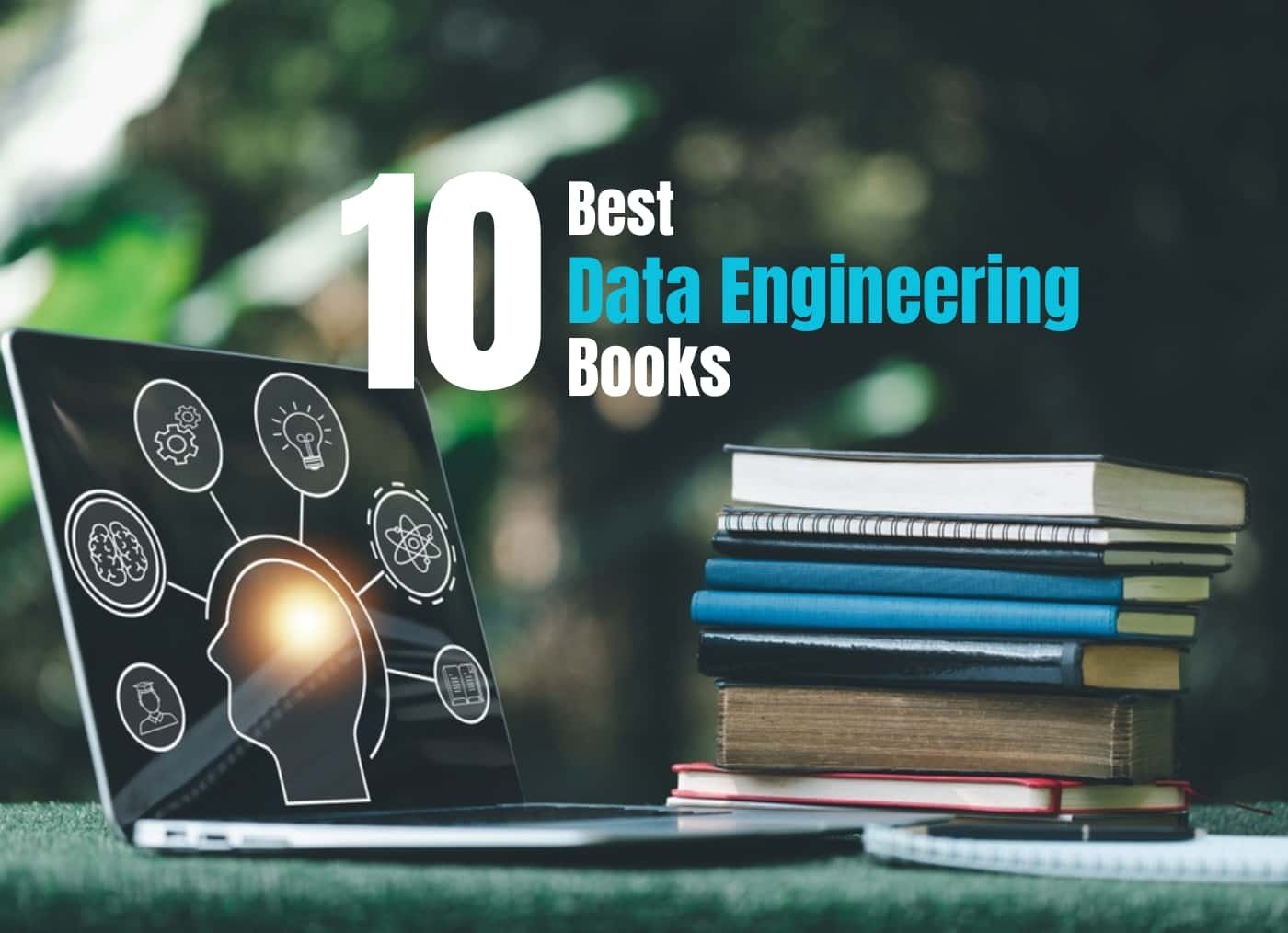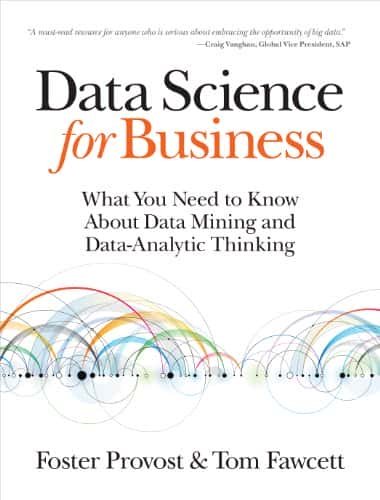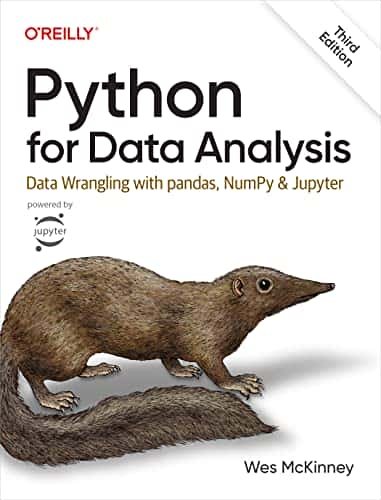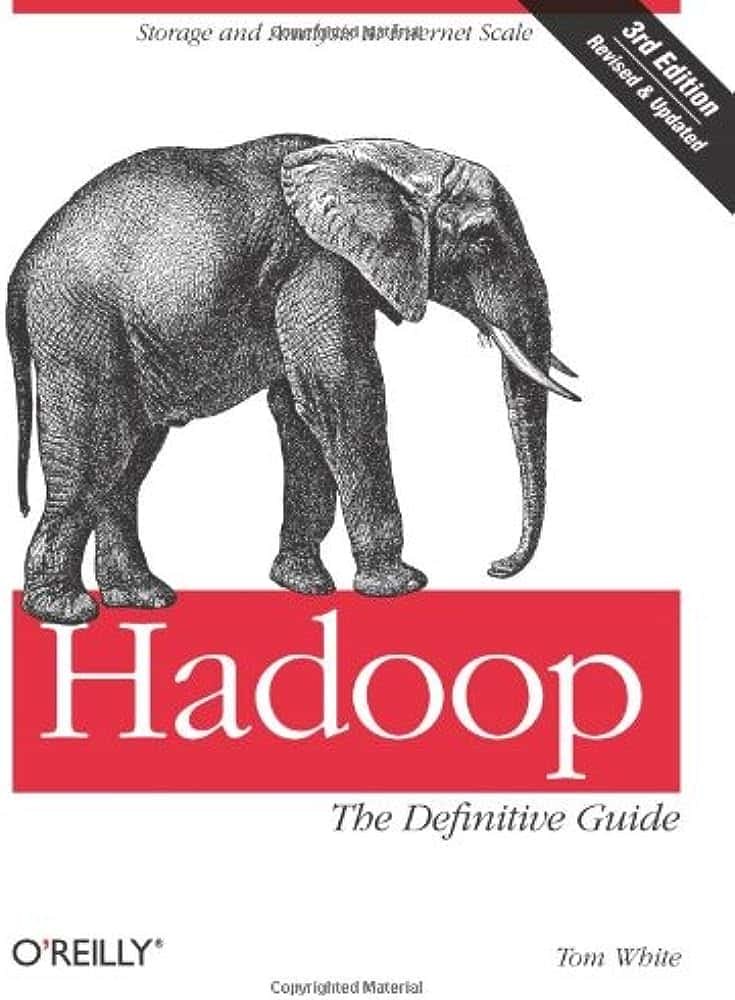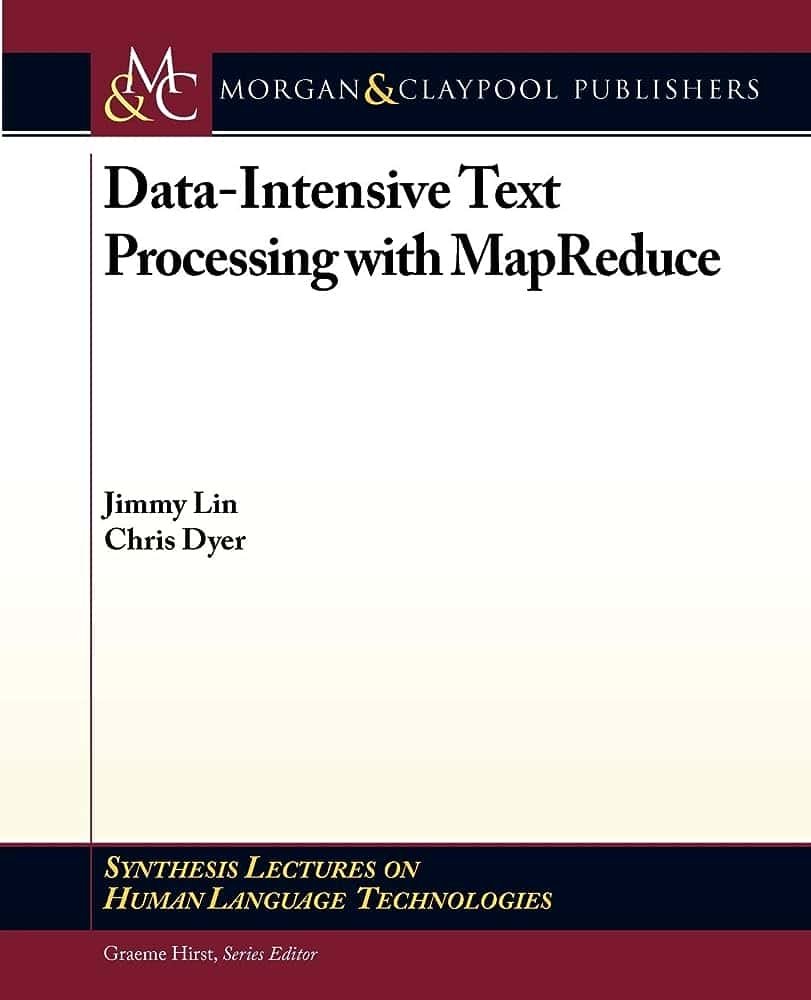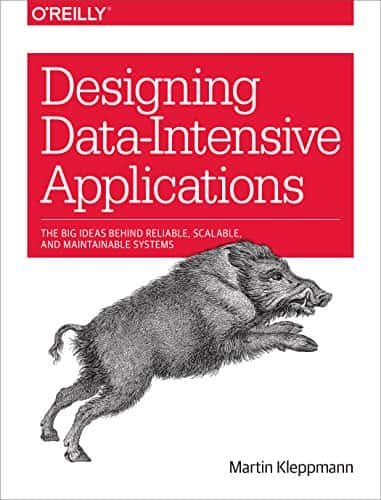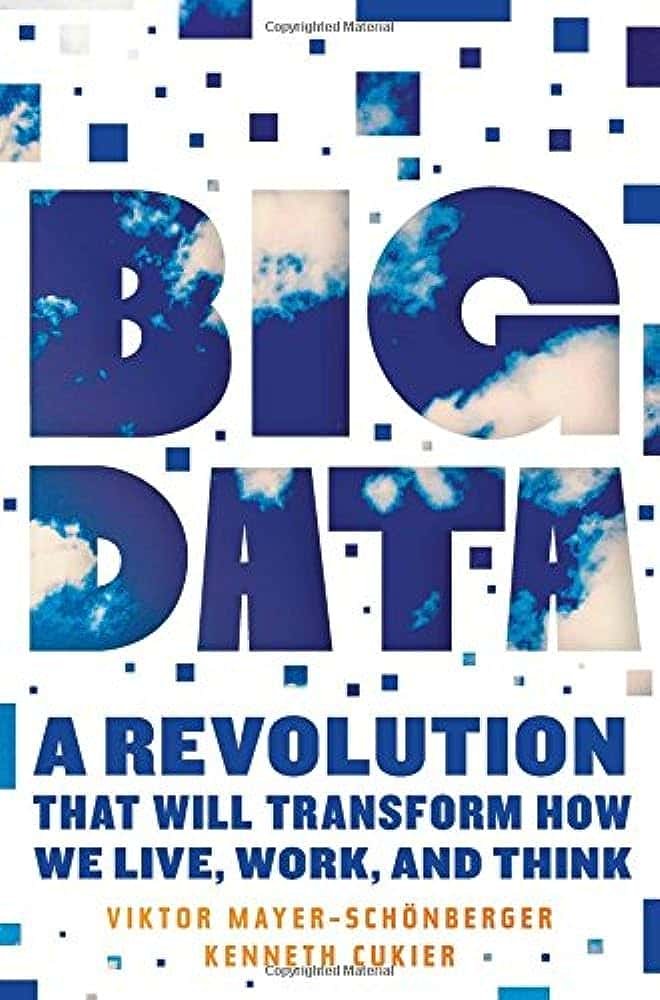Aspiring and experienced Data Engineers alike can benefit from a curated list of books covering essential concepts and practical techniques. These 10 Best Data Engineering Books for beginners encompass a range of topics, from foundational principles to advanced data processing methods.
Each book offers unique insights and hands-on knowledge, empowering readers to excel in their Data Engineering endeavors. Whether you’re just starting or looking to enhance your expertise, these books will serve as valuable resources for your Data Engineering journey.
What is Data Engineering?
Data Engineering plays a critical role in enabling organizations to efficiently collect, store, process, and analyze large volumes of data. It is a field of expertise within the broader domain of data management and Data Science. It involves the design, development, and maintenance of systems, tools, and processes that enable the acquisition, storage, processing, and analysis of large volumes of data.
The primary goal of Data Engineering is to transform raw data into a structured and usable format that can be easily accessed, analyzed, and interpreted by Data Scientists, analysts, and other stakeholders. Data Engineers work to build and maintain data pipelines, databases, and data warehouses that can handle the collection, storage, and retrieval of vast amounts of data.
Future of Data Engineering
The Data Engineering market will expand from $18.2 billion in 2022 to grow at a whopping 36.7% by 2027.
The key sectors where Data Engineering has a major contribution include IT, Internet/eCommerce, and Banking & Insurance.
Salary of a Data Engineer ranges between ₹ 3.1 Lakhs to ₹ 20.0 Lakhs with an average annual salary of ₹ 7.2 Lakhs.
Key Components of Data Engineering
- Data Ingestion: Gathering data from various sources, such as databases, APIs, files, and streaming platforms, and bringing it into the data infrastructure.
- Data Storage: Storing the collected data in various storage systems, such as relational databases, NoSQL databases, data lakes, or data warehouses.
- Data Transformation: Converting, cleaning, and enriching raw data into a structured and consistent format suitable for analysis and reporting.
- Data Processing: Performing computations, aggregations, and other data operations to generate valuable insights from the data.
- Data Integration: Combining data from multiple sources to create a unified view for analysis and decision-making.
- Data Quality and Governance: Ensuring data accuracy, consistency, and security through data validation, cleansing, and governance processes.
- Data Pipeline Orchestration: Managing the end-to-end data flow from data sources to the destination systems, often using tools like Apache Airflow, Apache NiFi, or other workflow management systems.
Data Engineering is crucial for data-driven organizations as it lays the foundation for effective data analysis, business intelligence, machine learning, and other data-driven applications. Data engineers collaborate closely with Data Scientists, data analysts, and other stakeholders to understand their requirements and provide them with the necessary data infrastructure and tools to achieve their goals.
Best Data Engineering Books for Beginners
1. Data Science for Business” by Foster Provost and Tom Fawcett
This book bridges the gap between Data Science and business needs. It covers Data Engineering aspects like data preparation, integration, and quality. Ideal for beginners, it illustrates how Data Engineering aligns with business applications.
Key Benefits & Takeaways:
Gain a comprehensive understanding of Data Engineering’s relevance in driving data-driven decision-making in business. Learn how to apply Data Engineering techniques to real-world business challenges, setting a strong foundation for further learning.
2. Python for Data Analysis by Wes McKinney
Focused on using Python for data manipulation, analysis, and visualization, this book is ideal for aspiring Data Engineers. It teaches Pandas, a crucial library for data preprocessing and transformation.
Key Benefits & Takeaways:
Master Python’s data processing capabilities, making you proficient in data cleaning, wrangling, and exploration. Acquire essential skills to efficiently preprocess data before it enters the data pipeline.
3. Hadoop: The Definitive Guide by Tom White
This comprehensive guide delves into the Apache Hadoop ecosystem, covering HDFS, MapReduce, and big data processing. It’s an excellent resource for understanding distributed data management.
Key Benefits & Takeaways:
Learn how to work with big data effectively, from storage to processing. Grasp the principles of distributed computing, enabling you to tackle large-scale Data Engineering projects.
4. Data Engineering Teams by Alexis Lê-Quôc
Focusing on team management, project organization, and collaboration, this book caters to Data Engineers involved in team-based projects.
Key Benefits & Takeaways:
Understand the dynamics of Data Engineering teams, improving your project management and collaboration skills. Learn how to build and lead efficient Data Engineering teams for successful project execution.
5. Streaming Systems by Tyler Akidau, Slava Chernyak, and Reuven Lax
This book explores real-time data processing and streaming systems, including Apache Beam and other frameworks.
Key Benefits & Takeaways:
Master stream processing principles, enabling you to design and build robust, scalable, and fault-tolerant real-time data pipelines.
6. Data Warehousing in the Age of Big Data by Krish Krishnan
If you are looking for the best SQL for data analysis books, which also focuses on data warehousing in the big data era, this book covers integrating traditional data warehousing with modern technologies like Hadoop and NoSQL.
Key Benefits & Takeaways:
Learn how to design data warehouses that accommodate both structured and unstructured data, providing a comprehensive and scalable data storage solution.
7. Data-Intensive Text Processing with MapReduce by Jimmy Lin and Chris Dyer
This book concentrates on text data processing with MapReduce, a crucial skill for Data Engineers working with unstructured text data.
Key Benefits & Takeaways:
Acquire expertise in handling and analyzing vast amounts of text data efficiently using MapReduce, a fundamental skill in today’s Data Engineering landscape.
8. Designing Data-Intensive Applications” by Martin Kleppmann
This book delves into designing robust and scalable data systems, covering storage, processing, and reliability concepts.
Key Benefits & Takeaways:
Understand the principles behind data-intensive application design, empowering you to create efficient Data Engineering solutions.
9. Big Data: A Revolution That Will Transform How We Live, Work, and Think by Viktor Mayer-Schönberger and Kenneth Cukier
An accessible overview of big data’s impact on various aspects of life, including Data Engineering’s significance in managing and harnessing big data.
Key Benefits & Takeaways:
Gain insights into the implications of big data in the modern world, understanding its potential to drive innovation across industries.
10. “Data Engineering Cookbook” by Andreas Kretz
A practical guide with hands-on recipes for Data Engineering tasks, covering various tools and techniques used in Data Engineering projects.
Key Benefits & Takeaways:
Access a collection of real-world examples and best practices to solve common Data Engineering challenges efficiently, expanding your toolkit for real-world Data Engineering projects.
Conclusion
Data Engineering is a rapidly evolving field, and staying ahead requires a continuous learning mindset. The 10 books listed above offer a diverse range of knowledge, from foundational concepts to cutting-edge technologies.
Whether you’re an aspiring Data Engineer seeking to establish a strong foothold in the field or an experienced practitioner aiming to expand your expertise, these books will serve as valuable resources.
By delving into these comprehensive guides, you’ll gain the necessary skills and insights to tackle complex Data Engineering tasks, design scalable data systems, and contribute to data-driven decision-making across industries. Remember, practical application and hands-on experience will further solidify your expertise as you embark on an exciting journey in the world of Data Engineering. You can also start preparing for interview for Data Engineering jobs by continuously reading and updating your knowledge base.
